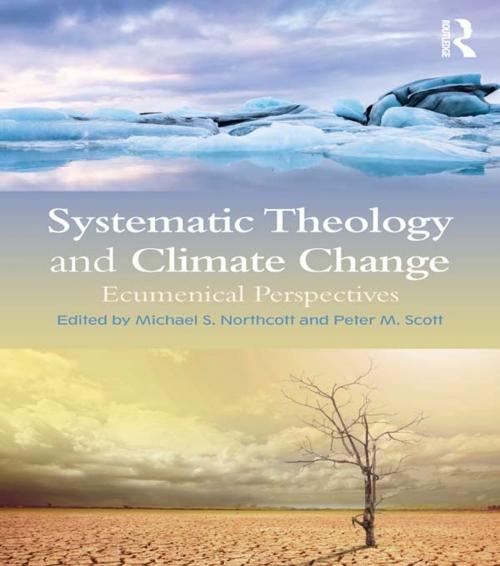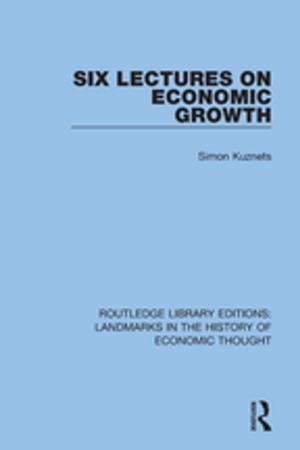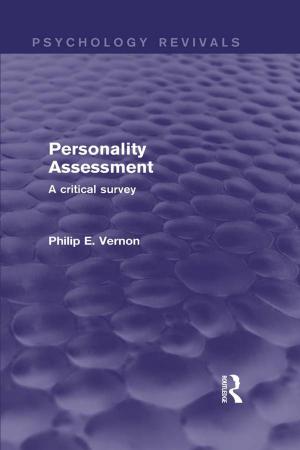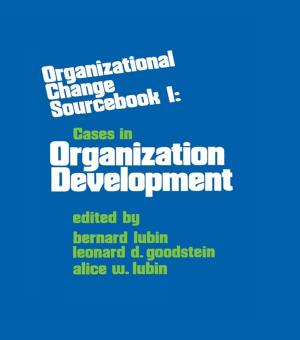| Author: | ISBN: | 9781317667742 | |
| Publisher: | Taylor and Francis | Publication: | June 5, 2014 |
| Imprint: | Routledge | Language: | English |
| Author: | |
| ISBN: | 9781317667742 |
| Publisher: | Taylor and Francis |
| Publication: | June 5, 2014 |
| Imprint: | Routledge |
| Language: | English |
This book offers the first comprehensive systematic theological reflection on arguably the most serious issue facing humanity and other creatures today. Responding to climate change is often left to scientists, policy makers and activists, but what understanding does theology have to offer? In this collection, the authors demonstrate that there is vital cultural and intellectual work for theologians to perform in responding to climate science and in commending a habitable way forward. Written from a range of denominations and traditions yet with ecumenical intent, the authors explore key Christian doctrines and engage with some of the profound issues raised by climate change. Key questions considered include: What may be said about the goodness of creation in the face of anthropogenic climate change? And how does theology handle a projected future without the human? The volume provides students and scholars with fascinating theological insight into the complexity of climate change.
This book offers the first comprehensive systematic theological reflection on arguably the most serious issue facing humanity and other creatures today. Responding to climate change is often left to scientists, policy makers and activists, but what understanding does theology have to offer? In this collection, the authors demonstrate that there is vital cultural and intellectual work for theologians to perform in responding to climate science and in commending a habitable way forward. Written from a range of denominations and traditions yet with ecumenical intent, the authors explore key Christian doctrines and engage with some of the profound issues raised by climate change. Key questions considered include: What may be said about the goodness of creation in the face of anthropogenic climate change? And how does theology handle a projected future without the human? The volume provides students and scholars with fascinating theological insight into the complexity of climate change.















